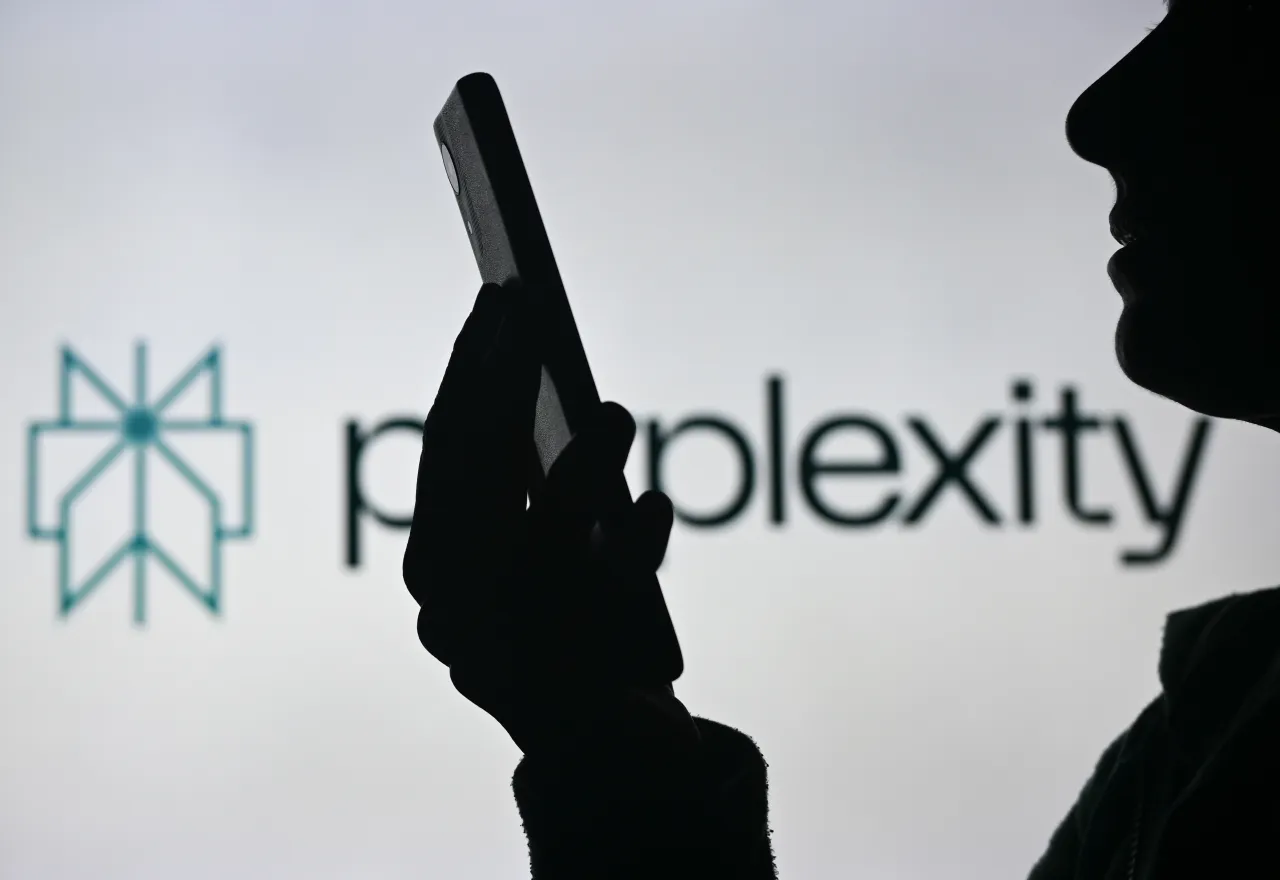Tech giant faces multiple legal threats related to how it wields market power
Google created a monopoly that allowed it to control parts of the online-advertising industry, a federal judge ruled Thursday. A decision that could upend one of the technology giant’s core businesses.
The ruling marked the second time in eight months that a U.S. judge labeled Google an illegal monopolist. And could lead the Justice Department to seek a forced sale of some of the company’s advertising products.
Alphabet’s shares fell 1.4% in Thursday trading. The company plans to appeal the ruling.
U.S. District Judge Leonie Brinkema said Google’s monopoly in:
- ad exchanges
- and server markets
violated the Sherman Antitrust Act, harming advertisers and consumers.
Brinkema said in her written ruling that the company also engaged in unlawful “tying”—conditioning access to one product on paying for the other.
“In addition to depriving rivals of the ability to compete,” the judge wrote, “this exclusionary conduct substantially harmed:
- Google’s publisher customers,
- the competitive process,
- and, ultimately, consumers of information on the open web.”
Monopoly?
The Justice Department didn’t win on all of its legal claims. The judge rejected the government’s position that Google unlawfully monopolized a third market that helps advertisers buy display ads across the open web.
Lee-Anne Mulholland, a Google vice president, said in a statement that the company would appeal the parts of the decision that it lost.
“We disagree with the Court’s decision regarding our publisher tools. Publishers have many options and they choose Google because our ad tech tools are simple, affordable and effective,” Mulholland said.
The Justice Department has suggested that Google should have to sell:
- parts of its ad-tech business, which generated $31 billion in revenue last year,
- or about a 10th of the company’s overall sales.
The Trump administration has so far pursued legal attempts to check the power of the world’s largest technology companies, continuing efforts that were in progress under former President Joe Biden and during President Trump’s first term.
Antitrust Cases
The Federal Trade Commission this week went to trial in its antitrust case against Facebook parent Meta Platforms, with Chief Executive Mark Zuckerberg testifying on the stand for several days. The FTC is seeking to break up Meta’s business, forcing the company to separate from Instagram and WhatsApp.
The FTC has accused Amazon of creating an illegal monopoly in the e-commerce space. A judge last year granted part of Amazon’s request to dismiss the case early, and the company has said the suit is “wrong on the facts and the law.”
Apple faces a Justice Department antitrust case over allegations it impedes the ability of outside software to integrate with its devices, locking users into its ecosystem. Apple has sought dismissal of the case, arguing the government has failed to show harm to smartphone users.
In August, U.S. District Judge Amit Mehta of Washington, D.C., ruled that Google’s dominant search engine is an unlawful monopoly.
Fair Competition?
Google says that it competes fairly and that the Justice Department’s case is premised on an outdated view of the digital-ads market. Google is expected to appeal Brinkema’s ruling, as well as the earlier one by Mehta. Those appeals could take years.
In the coming months, Brinkema and Mehta are set to hear arguments about how to remedy Google’s conduct. In the search case, the Justice Department has proposed Google sell its popular Chrome browser.
The ad-tech case before Brinkema focused on Google’s software used to automatically place display ads, the ubiquitous digital billboards served in fixed boxes on millions of websites every day.
The Justice Department, joined by a bipartisan coalition of states, accused Google of acquiring smaller rivals to eliminate competition—and then using its dominant position to lock customers into using its tools.
“Google is not here because they are big. They are here because they used that size to crush competition,“ Justice Department lawyer Julia Tarver Wood said when the trial opened in September.
The three-week trial included testimony from current and former executives at media companies including Gannett, News Corp and the Daily Mail. They said they want to stop using Google’s Ad Exchange product, known as AdX, but are stuck with it because of its dominant role in the industry.
(News Corp, The Wall Street Journal’s parent company, has been an outspoken Google critic and was among the companies contacted by antitrust investigators.)
Government lawyers highlighted a 2018 email in which a then-executive at Google, Chris LaSala, raised concerns internally over the 20% cut that Google takes from AdX customers. He said the tech giant was “extracting irrationally high rent” from the customers.
“I don’t think there is 20% of value in comparing two bids,” LaSala said.
Source: The Wall Street Journal
Read other news at our blog
In need of a Web Server? Take a look at our services























